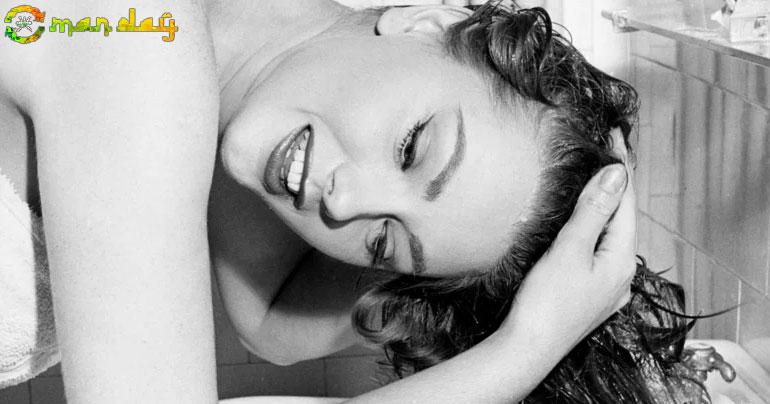What Can Happen if You Don’t Wash Your Hair Enough
There isn’t one clear answer in the great debate of how often you should wash your hair, and thanks to dry shampoo, it’s never been easier to stretch your last shampoo out for an extra day or two. But, just like how washing your strands too often can be damaging, shampooing too little can also have negative effects, and yes, it is possible to overdose on dry shampoo.
“First of all there isn’t one answer when it comes to how often you should be washing your hair,” says Dove Hair Expert Dermatologist Dr. Francesca Fusco. “But in general, taking all skin types and hair types into consideration, a minimum of once a week is enough. Now, if you tend have a really oily scalp, then it’s ok to shampoo every day. You can really tailor it to yourself, and with the number of products on the market, you can pick the one that works best for your hair and scalp type.” If you use a lot of styling products, you may find you need to wash your hair more often, which is completely normal and healthy to do.
So how do you know when it’s time to shampoo? Pay attention to your scalp’s behavior. If you’re experiencing uncommon itchiness, if you experience an unpleasant scent, and if your hair starts to hurt, it’s time to grab a bottle. “The area where the hair emerges from the scalp can start to feel sore from the buildup of excess dead skin cells, and there’s dandruff,” Dr. Fusco explains. “If the dandruff gets worse and the skin becomes inflamed, the inflammation in the hair follicle can translate to feeling a little tender.”
One of the most common mistakes people make figuring out if it’s time to lather, rinse, and repeat, is that if their scalp feels itchy and dry, they think they shouldn’t shampoo, and instead opt for a can of dry shampoo. “What these people are really experiencing is dandruff,” says Dr. Fusco. “By not shampooing, you’re making the situation worse.”
Aside from cosmetic reasons like dandruff, not walking around with a smelly scalp, and hair that’s weighed down by oil, not regularly shampooing won’t remove bacteria, yeast, and dead skin cells. Dr. Fusco says that this can lead to scalp inflammation, dandruff, excess shedding, and even folliculitis, which are tiny pimples on the scalp.
If you have a jam-packed iCal, it might seem that dry shampoo is a quick and easy fix for avoiding the aforementioned negative effects, but spraying too much and too often won’t do your hair any favors, either. “When you’re spraying on dry shampoo, it’s mixing and building up with the oil that your scalp is producing and dead skin cells, and creating the most delicious milieu for yeast to grow. This is when you get into dandruff,” says Dr. Fusco.
While the situation might seem bleak, there’s a few easy ways you can reverse the damage. If you’re experiencing dandruff, a dandruff shampoo like Doves’s Derma Care Scalp Anti Dandruff Shampoo ($5; target.com) can help minimize flakes. For excessive shedding, it might take a little longer to see results, but taking vitamins and following a healthy diet can help. To calm inflammation and scalp pimples, Dr. Fusco recommends seeing a dermatologist, who can prescribe a topical solution of the equivalent of an acne treatment. “If you have long-term effects like pimples or really thick buildup of dry skin that can’t come up then see your dermatologist because you might have something else going on like psoriasis or eczema,” recommends Dr. Fusco.
Share This Post






